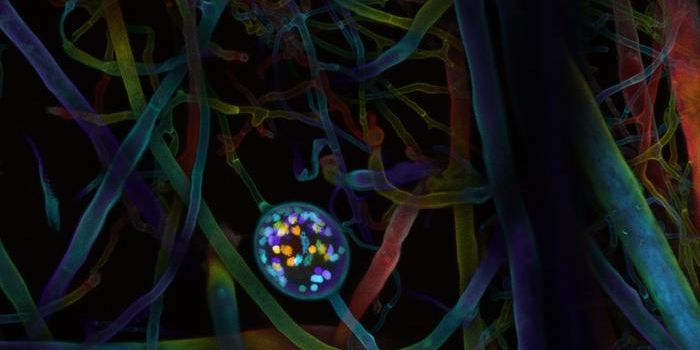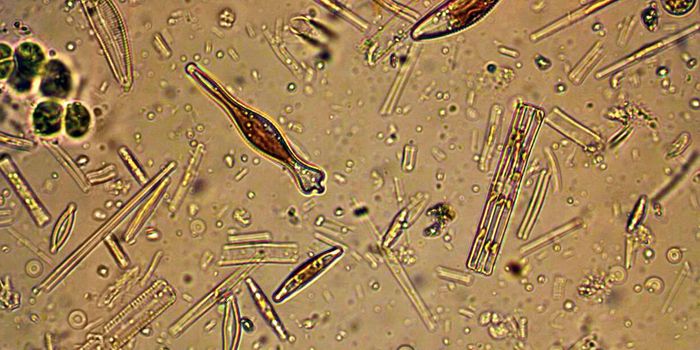Disease-carrying mosquitoes are expanding their range
The World Health Organization names mosquitoes as one of the deadliest animals in the world because of the diseases they carry that kill millions every year. New research published in the open access journal PLOS Neglected Tropical Diseases highlights the ever-growing concern of mosquitos as vectors of disease. The study looked at monthly global temperature changes and determined that by the end of the century, up to one billion people could be newly exposed to disease-carrying mosquitos as a result of climate change.
"Climate change is the largest and most comprehensive threat to global health security," says global change biologist Colin J. Carlson, PhD, a postdoctoral fellow in Georgetown University's biology department, and co-lead author of the new study. "Mosquitoes are only a part of the challenge, but after the Zika outbreak in Brazil in 2015, we're especially worried about what comes next."
To figure out what might come next, Carlson and co-lead Sadie J. Ryan of the University of Florida analyzed temperatures on a monthly basis in order to model predicted risk through 2080. They looked particularly at Aedes aegypti and Aedes albopictus, the two most common disease-carrying mosquitoes which carry dengue, chikungunya, and Zika, amongst others. They wanted to see how public health might be threatened if these species were to alter their habitat range. And by alter, I mean widen, because climate change will likely expose the majority of human-inhabited lands to mosquitoes within the next 50 years. The tropics will be hit the hardest, with temperatures being at the right level to promote year-round transmissions. But the scientists stress not only the tropics will be affected.
"These diseases, which we think of as strictly tropical, have been showing up already in areas with suitable climates, such as Florida, because humans are very good at moving both bugs and their pathogens around the globe," explains Ryan. "The risk of disease transmission is a serious problem, even over the next few decades," Carlson says. "Places like Europe, North America, and high elevations in the tropics that used to be too cold for the viruses will face new diseases like dengue."
The researchers hope to continue their investigations in order to come to more clarity regarding the exposure risk and effects on certain regions and populations. "This is only one study to begin understanding the fast-approaching challenges we face with global warming," Carlson says. "We have a Herculean task ahead. We need to figure out pathogen by pathogen, region by region, when problems will emerge so that we can plan a global health response."









